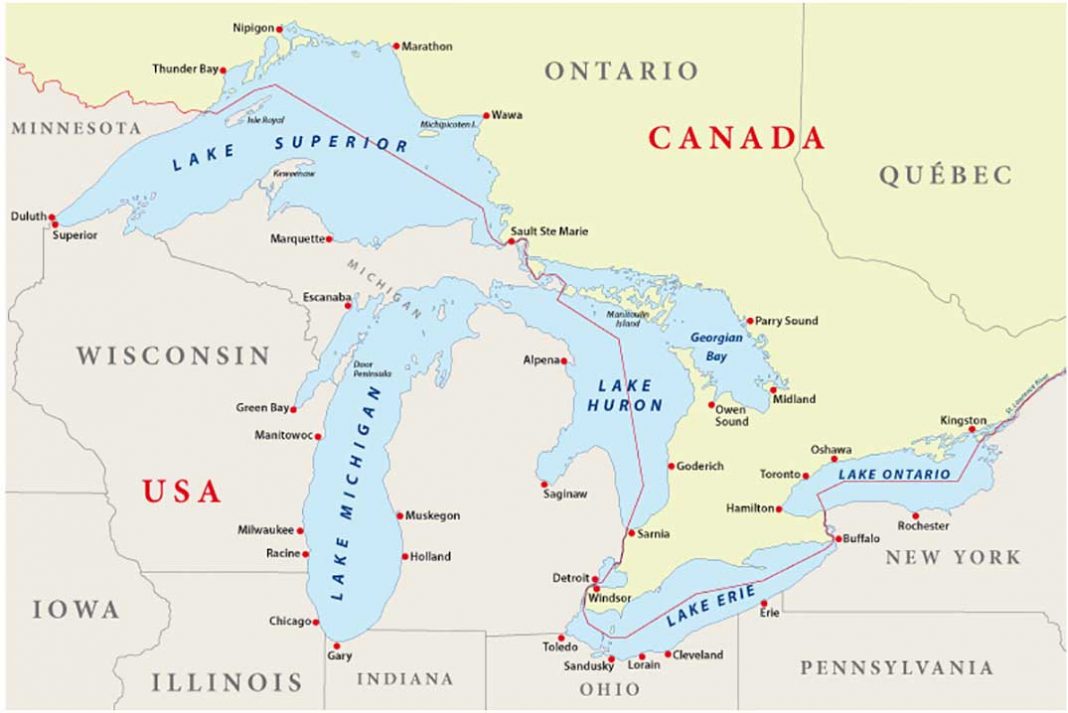GREAT LAKES—Meteorologist and researcher Bryan Mroczka from the Great Lakes Environmental Research Laboratory remarks that this winter stands out as unprecedented in the historical records.
“We have approximately 51 years of dependable ice data for the lakes, and never before in February have we observed ice levels as low as this,” Mr. Mroczka stated. “The Great Lakes basin is experiencing historically low levels, with Lakes Superior, Michigan and Huron all reaching their lowest points for this time of the year.”
As of February 13, ice cover on the lakes is less than three percent, significantly below the long-term average of over 35 percent for this stage of winter—more than 10 times the current ice cover. When the lakes remain relatively open during winter, it can result in substantial evaporation and decreased lake levels. However, this winter presents a different scenario.
“While the lakes aren’t frozen solid, they’re still maintaining cold temperatures,” Mr. Mroczka explained. “With water temperatures reaching their current lows, substantial evaporation requires extremely cold air. Since we’re not experiencing such frigid temperatures, the evaporation is somewhat restrained. It’s happening, but it’s under control.”
Just four years ago, in 2020, Lakes Huron-Michigan recorded record-high ice levels. However, the Great Lakes watershed has since transitioned to a more balanced state. The latest forecast from the Army Corps of Engineers for the Lakes Huron-Michigan basin suggests that water levels might dip slightly compared to last year but are expected to remain marginally above the long-term average.
If this forecast holds true, it implies that there will still be ample beach space to enjoy this summer, along with sufficient water for boating and other recreational activities on the lake.






